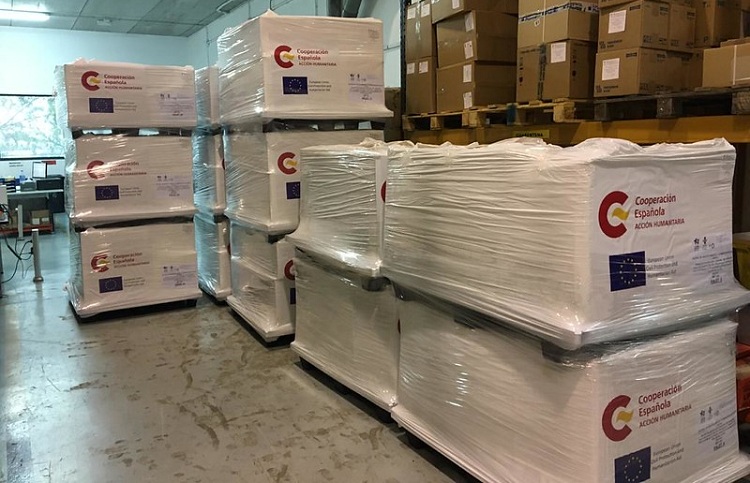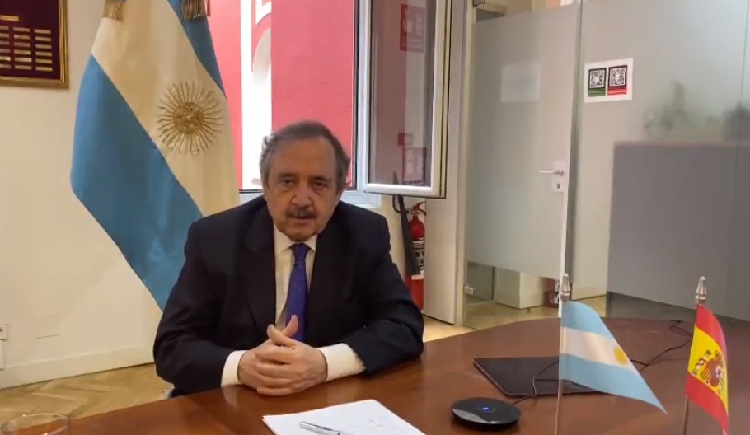The Diplomat
The Spanish Agency for International Development Cooperation (AECID) will allocate a total amount of approximately 480,000 euros to alleviate the consequences of the humanitarian disaster caused in the Philippines by Typhoon Rai.
Typhoon Rai -also known as Odette-, which hit nine regions of the Philippines on December 16, has so far left 375 people dead, half a hundred missing and more than 1.8 million affected, according to the latest report from the Philippine government’s Disaster Response Operations Monitoring and Information Center (DROMIC).
For this reason, the AECID has decided to allocate a total of 480,000 euros to help typhoon victims, the Agency informed yesterday. Of this total amount, 250,000 euros will be used to respond to the international appeal launched by the International Federation of Red Cross and Red Crescent Societies (IFRC) to alleviate the consequences.
The Agency has also activated its emergency agreements with the organization Action Against Hunger and the Spanish Red Cross to try to cover the basic needs of part of the affected population for the next three months. Thus, AECID will contribute 100,000 euros to ACH’s intervention in the region of Caraga, on the island of Mindanao, until March 2022, and 130,000 euros to the intervention of the Spanish Red Cross.
Food, drinking water, shelter and sanitation are the priority needs at the moment, together with the families’ lack of basic cooking and washing utensils, according to AECID. In total, the aid will try to cover these areas, reaching more than 3,000 families – some 15,000 people – and prioritizing those displaced in evacuation centers and with high levels of vulnerability. At this moment, there are still towns and villages that have not been reached by local emergency services or international aid teams, so it is expected that the number of people affected will increase in the coming days.
According to AECID, the Philippines is one of the middle-income countries listed as a partnership country, the only one in Asia, in the current Spanish Cooperation Master Plan. The Agency has a Technical Cooperation Office in Manila that has been coordinating Spanish Cooperation activities in the country since 1992. These initiatives are currently focused on the promotion and protection of human rights, peace building in the country, disaster risk management, promotion of women’s rights and gender equality, cultural cooperation and humanitarian aid.







